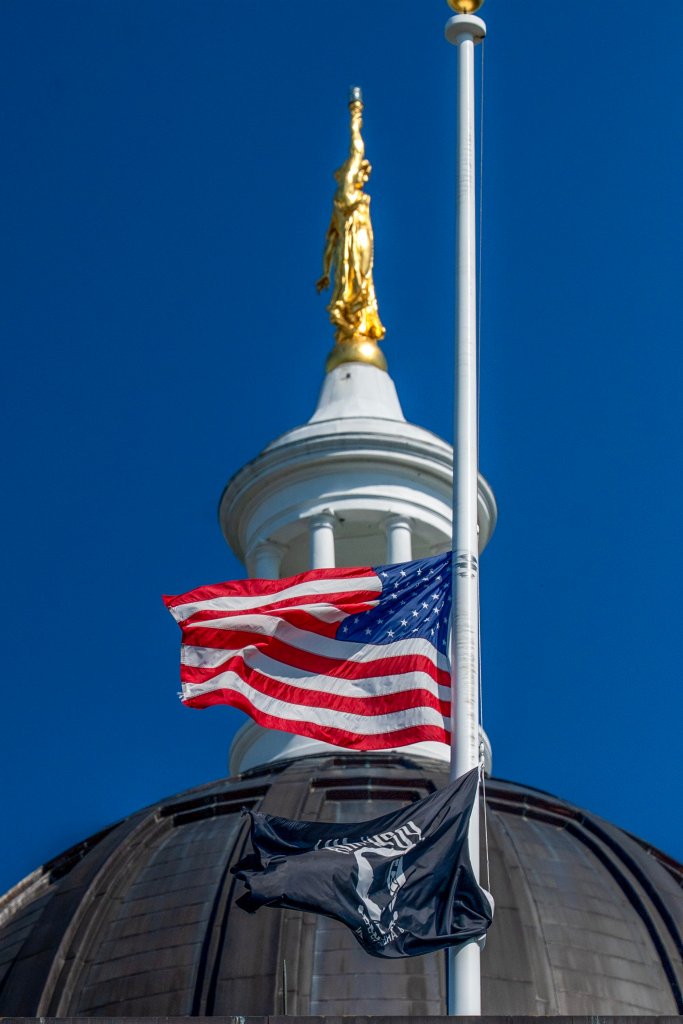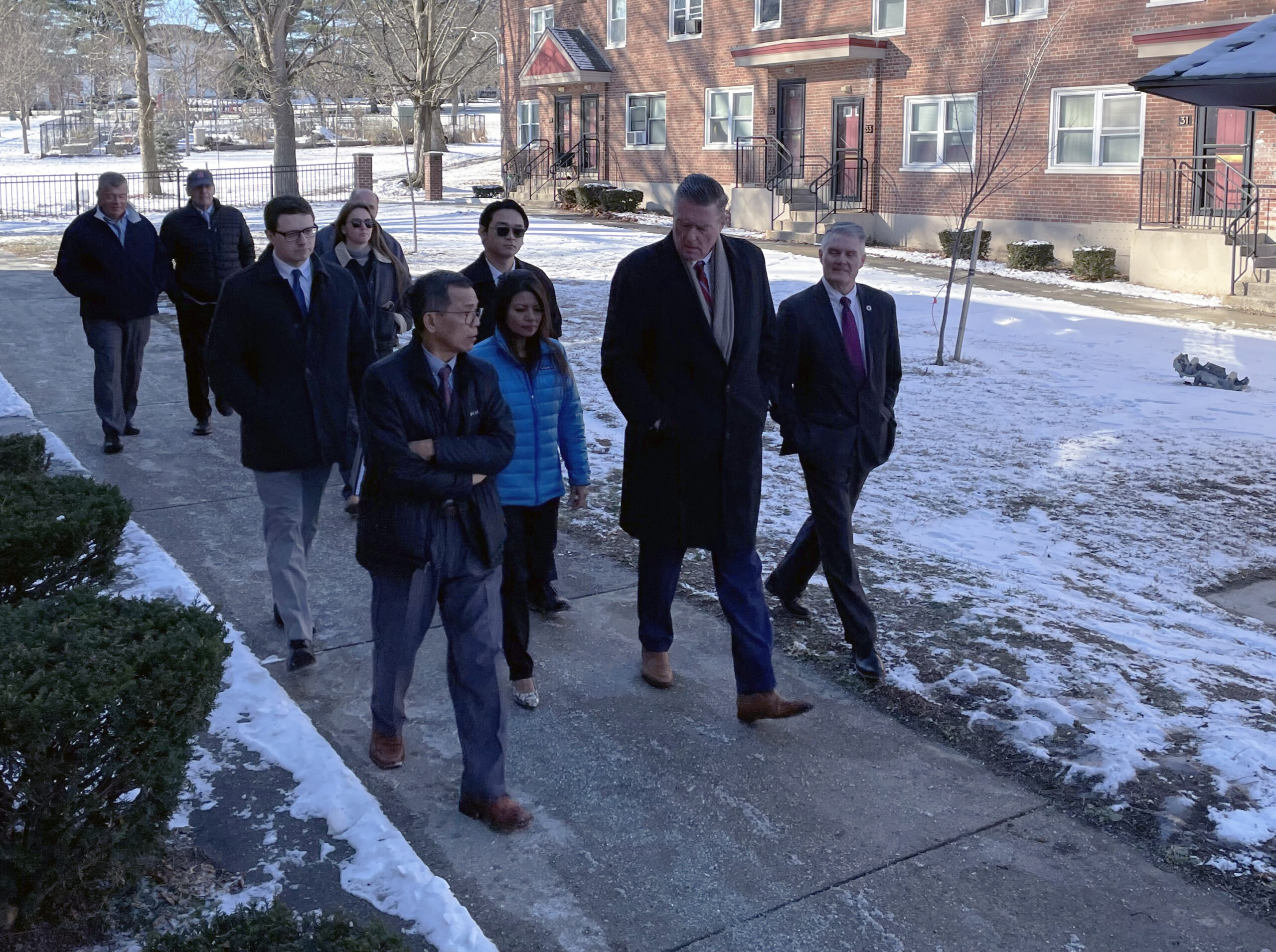Maine is poised for significant decisions this November as voters will address two critical ballot questions that could reshape the state’s approach to democracy and public safety. The outcomes may have lasting implications not only for the state but also for the nation.
Ballot Questions Spotlight Democracy and Safety
The first question, known as Question 1, proposes to modify voting procedures in Maine. If passed, it will reduce the number of absentee voting days and eliminate ongoing absentee status for seniors and individuals with disabilities. Additionally, it will require voters to present photo identification. Proponents argue that the changes aim to enhance election security, while opponents contend that they will hinder access to voting for many residents.
Question 2 addresses the judicial system’s authority regarding firearm access. It seeks to grant courts the power to temporarily restrict access to firearms for individuals deemed a clear danger to themselves or others. This measure, supporters claim, is essential for ensuring public safety while maintaining due process rights. Both questions reflect broader national debates about voting rights and gun control.
The Stakes for Maine’s Future
The upcoming elections are not only about these ballot questions but also about the direction of Maine’s governance. The governor’s race and the Senate election will determine who represents Maine’s interests at both the state and federal levels. The candidates will influence policies on health care, education, and environmental issues, reflecting the values of Mainers.
As highlighted by James Mannix Burke, a recent U.S. Senate page, the importance of civic engagement is paramount. Burke references Henry Wadsworth Longfellow‘s poem about Paul Revere, drawing parallels between Revere’s warning and the current political climate. “If Washington will not sound the alarm, we can,” he asserts, emphasizing the need for vigilance in preserving democratic values.
With Congress recently facing a shutdown due to budget disagreements, concerns about governmental accountability have intensified. The fallout from policies like the One Big Beautiful Bill Act, which critics argue favors corporate donors over everyday citizens, underscores the urgency for Mainers to take action.
The upcoming votes in November will serve as a litmus test for whether the citizens of Maine trust their government to uphold democratic principles. With challenges on the horizon, the question remains: will Mainers reaffirm their commitment to fairness, progress, and civic duty?
As the election draws near, the legacy of civic engagement in Maine stands at a crossroads. The outcome of these ballot questions could resonate beyond state lines, potentially setting precedents for similar measures across the country. The stakes are high, and the voice of the electorate will shape the future of governance in Maine.







